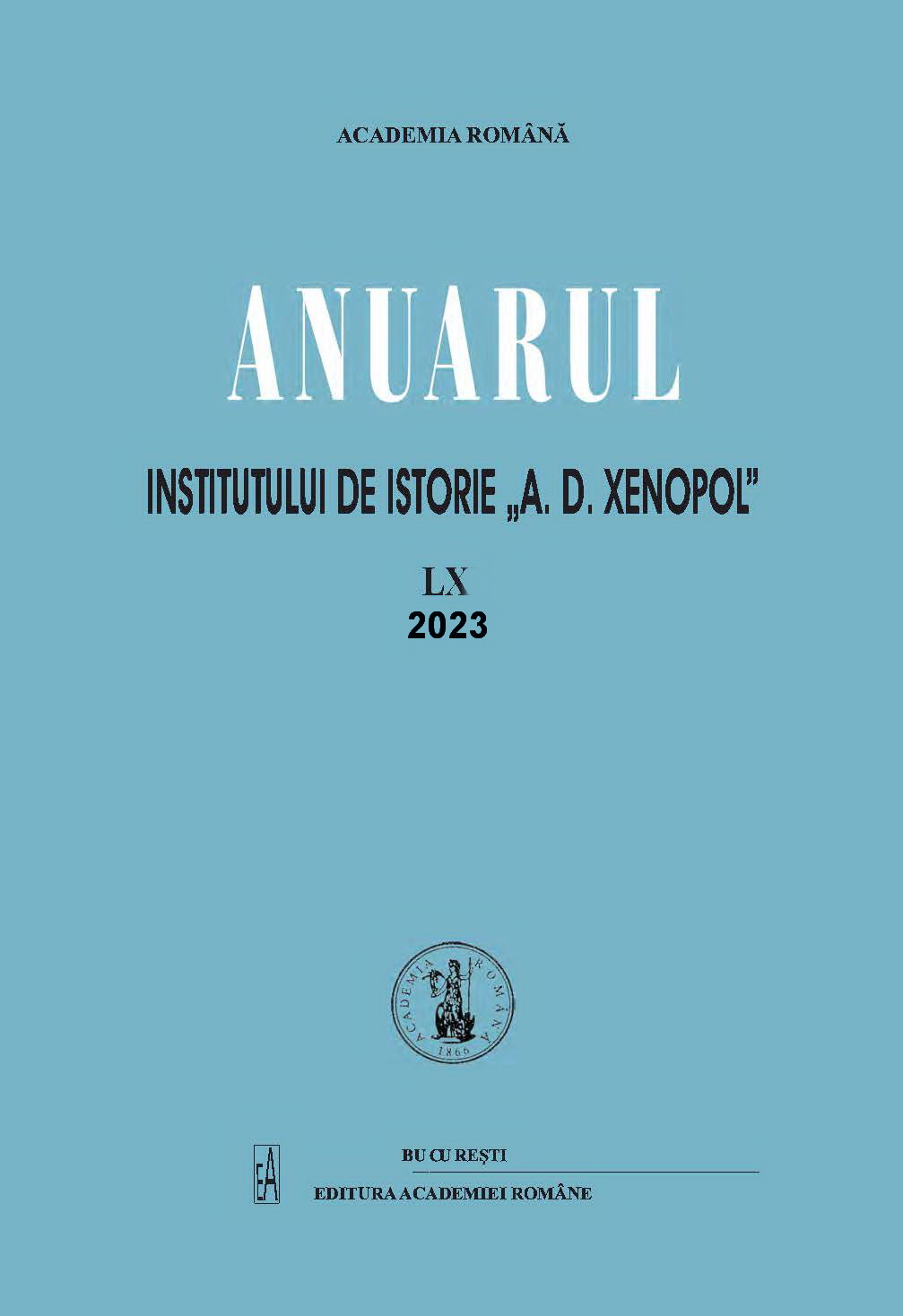PATRIMOINE NATIONAL, MÉMOIRE ET HISTOIRE
NATIONAL HERITAGE, MEMORY AND HISTORY
Author(s): ANDRÉ BURGUIÈRESubject(s): History, Cultural history, Social history
Published by: Editura Academiei Române
Keywords: cultural heritage; memory; political discourse; genealogy; history; epistemology;
Summary/Abstract: Everything is memory in culture. Since birth, we circulate in a forest of symbols, crystallisation points of an immemorial memory that socialisation teaches us to decipher. As a teacher, a historian participates in this socialisation work. This endeavour has a political finality, i.e., to create and motivate a feeling of attachment to the motherland and the values on which the collective is built. Hence, it is normal for political power to “guide” the contents of this teaching. However, there were limits to it: the teaching of history, initially designed as the acquisition of the golden legend of the nation, soon placed this holy history within the more comprehensive history of humankind to correct and broaden the view of the world acquired by a child through multiple socialisation channels. A historian’s mission is always to pursue such a broadening by an effort to change the scenery, which approaches the past not as the refuge and source of our identity but as a different humankind that enables us to grasp ours by contrast better. The distance effect has the same heuristic value as the objectivation searched by a sociologist or anthropologist concerning contemporary social or cultural facts. In the case of the past, however, the temporal distance separating us from the observed reality adds an element of complexity bearing meaning and reflection. Here, we must simultaneously think about the process of change (“history is, in its essentials, the science of change”, according to Marc Bloch) and the genealogical relation connecting us to past societies.
Journal: Anuarul Institutului de Istorie »A.D. Xenopol« - Iaşi
- Issue Year: LX/2023
- Issue No: 60
- Page Range: 143-156
- Page Count: 14
- Language: French

